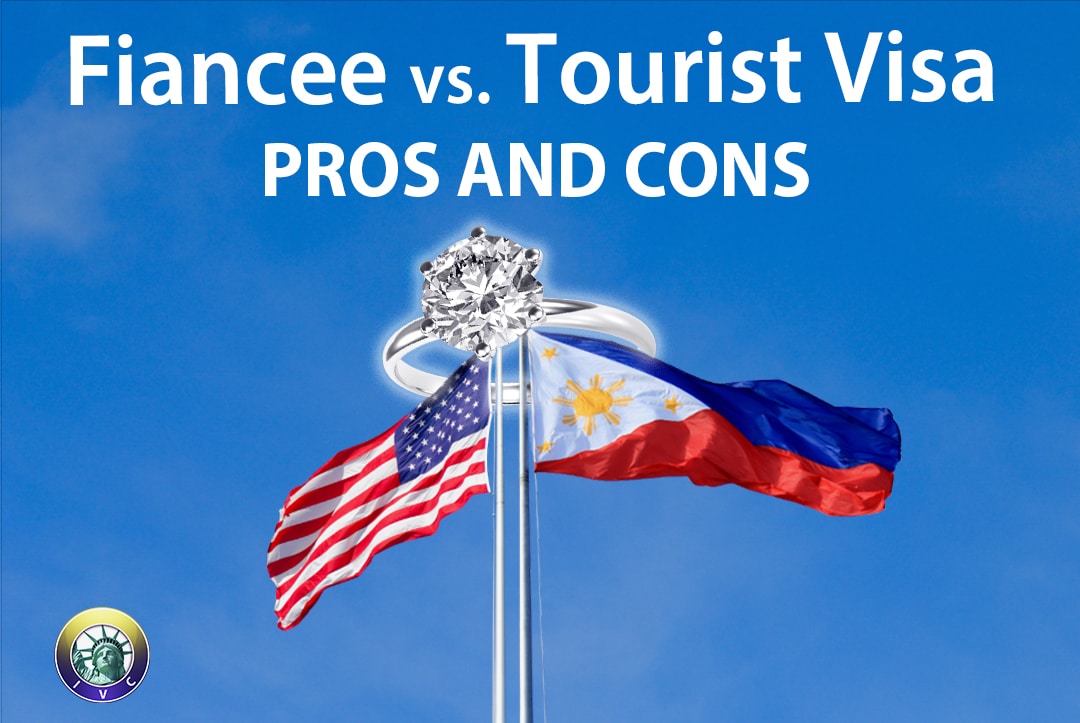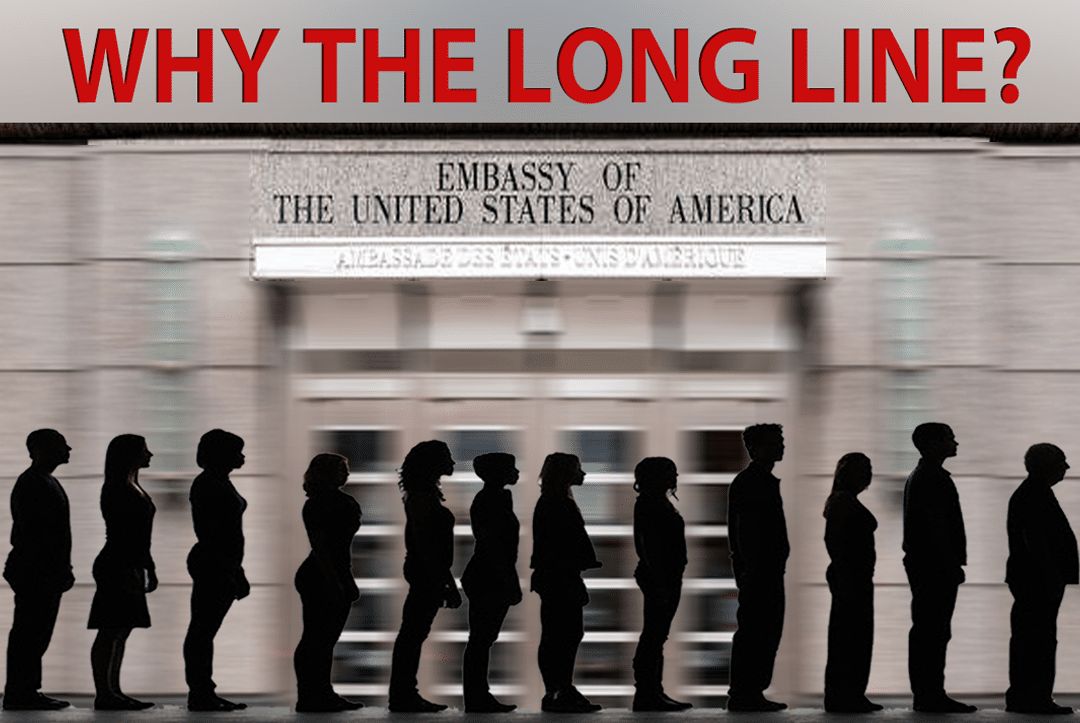When applying as a student, you must meet the Genuine Temporary Entrant Requirements. Passing this standard will be the basis for the decision of the Department of Home Affairs. Meeting the GTE standards will help the department know if you have other reasons for studying in Australia. Thus, you need to convince a Visa Officer that your stay in Australia is temporary.
Eligibility criteria for international students.

The requirements for eligibility for Australia-bound international students are listed below. This list is in keeping with the simplified student visa processing procedure so you will have an easier time meeting the conditions for a successful application. The requirements for eligibility are that you:
- Must be 6 years or older. If you are younger than 18, you must have made adequate welfare arrangements to cover your stay in Australia.
- Should be enrolled in a full-time course of study that is registered on the Commonwealth Register of Institutions and Courses for Overseas Students, or CRICOS.
- Must provide a Confirmation of Enrolment or CoE.
- If you are applying for more than one study program, include all CoE codes in the visa application form.
- The gaps between programs must be less than two calendar months. The exception is if the first program finishes at the end of the standard academic year while the second starts at the beginning of the standard academic year.
If you are applying for more than 1 course in your student visa application you must include all CoE codes in the application form. If you don’t, your visa may only cover the CoE provided.
Use of the Personal Statement to Pass the Genuine Temporary Entrant Requirement
You will have to draft a personal statement in English for your student visa application. Use the document to let a Visa Officer know that you have a legitimate reason to study in Australia. Provide details about your credentials as well. Then later, attach documents to support your claims.
The primary aim of your statement is to justify your plan to study in Australia. Your explanation is even more crucial if you already have family members living in the country. The department will then have to decide if your ties in Australia are stronger than your incentive to return home.
Career potential as a GTE standard.
There are several GTE standards but applicants sometimes forget this last one. Visa Officers want to know whether you can continue a career in your home country. Write about the job opportunities in your home country after you complete your Australian studies.
Many people jump from one job to another. As an international student, though, your career path should be clear and you should include it in our personal statement.
Let’s explore how we can work together toward the success of your student visa application and career in Australia.
Travel history.
Have you had a previous refused or canceled visa? Or did you overstay in one country and get deported? You will have to address this in your personal statement. Your travel history may be a decisive factor when deciding on your study application.
If you put off an application, remember, the requirements change twice a year, on March 31 and September 30. Remember to review what you have versus the latest list of documents.
Moreover, consider the date of your travel when you travel. In case you’ve forgotten, seasons are the other way around as compared to the northern hemisphere. Hence, summer is from December to February, while the winter months are from June to August.
Health and character eligibility requirements for international students.
One of the eligibility requirements to study in Australia is that you meet health and character requirements. Therefore, if you are over 16, the Department of Home Affairs will require you to submit police clearances.
You may also have to undergo a medical exam or X-ray exam by a panel doctor before lodging your student visa application.

Overseas Student Health Coverage is an important Genuine Temporary Entrant Requirement! Get additional information about OSHC including links to the insurance providers.
Insurance coverage for international students.
One of the eligibility criteria for international students is insurance. You must have adequate Overseas Student Health Cover (OSHC) for the length of your stay in Australia. If you have family members accompanying you, you will have to get coverage for them as well.
The OSHC start date must be the date you arrive in the country. Moreover, you need to know the name of your health insurance provider and the policy number. Other information that you must memorize is the date your policy starts and finishes.
English language proficiency.
Many colleges require its students, unless exempt, to show proof of English competence. The English language test must have been taken in the two years before your student visa application. You should know, though, that the Embassy may still ask for proof that you have taken an English language test.
- International English Language Testing System, or IELTS
- Test of English as a Foreign Language internet-based test, or TOEFL iBT
- Pearson Test of English Academic, or PTE
- Occupational English Test, or OET
Fund requirement and Australian Values Statement
Other requirements to study in Australia, are funds. You must have sufficient financial resources for your stay and those family members who will be accompanying you.
The government requires that you will respect the Australian way of life whilst living in the country. To prove your willingness to cooperate and obey the country’s laws, you must sign an Australian Values Statement.

If funds are a major concern for you, we recommend that you check the fund requirement for an Australia Subclass 500 Visa application. Get to know the two options to prove your financial capacity to be an international student in Australia.
Documents to help you meet the Genuine Temporary Entrant requirements.
Some information and evidence you may include in your application packet are:
- First, evidence of your previous study. These documents include:
- Academic transcripts.
- Documents proving you obtained qualifications in your studies such as diplomas.
- The credentials must indicate the name of your education provider, length of your study programs.
- Second, an explanation of gaps in your education and employment. In addition to your the inclusive dates of the dates between education and employment, indicate where you spent these gaps.
- Third, proof of your current employment. Some documents you present include:
- Certificates of Employment.
- Income Tax Returns.
- Fourth, ties to your home country or country of residence. Submit evidence of family and social relationships as your incentives to return to your country of residence. Some examples include:
- Properties you own.
- Proof of assets.
- Fifth, show proof that you worked in the 12-month period before your application. If you were studying, submit documents to confirm your enrollment.
Some other information you may include are:
- First, proof of a change of name, either your own or an accompanying family member.
- Second, add documents to prove the relationship between you and your other family members.







